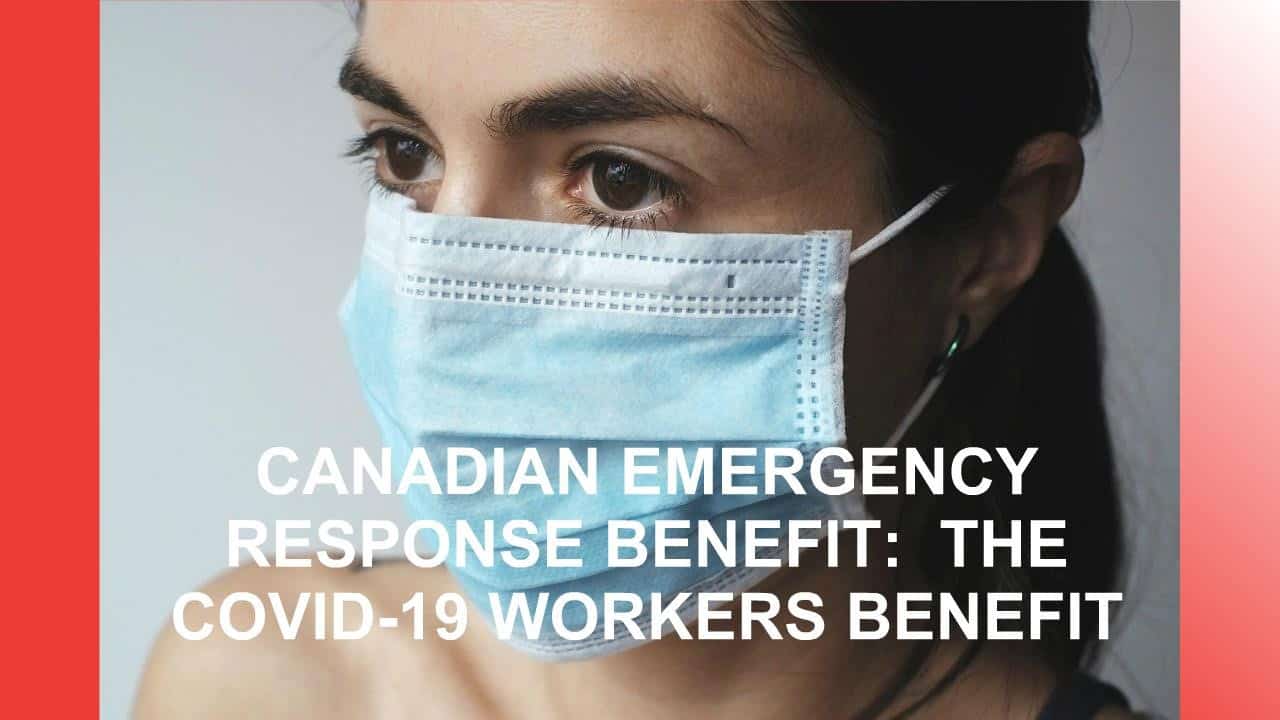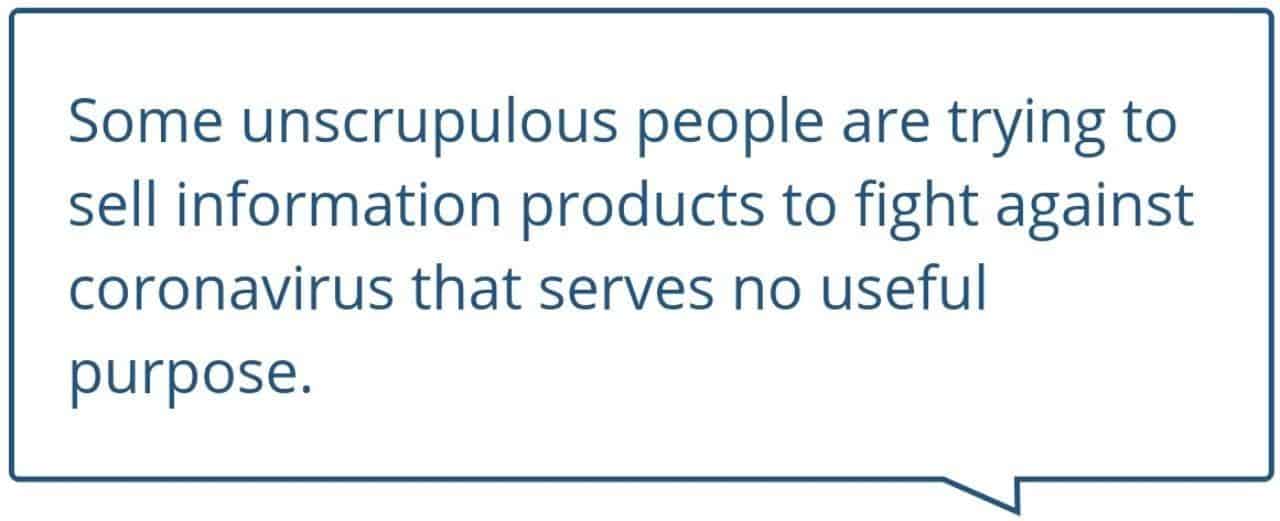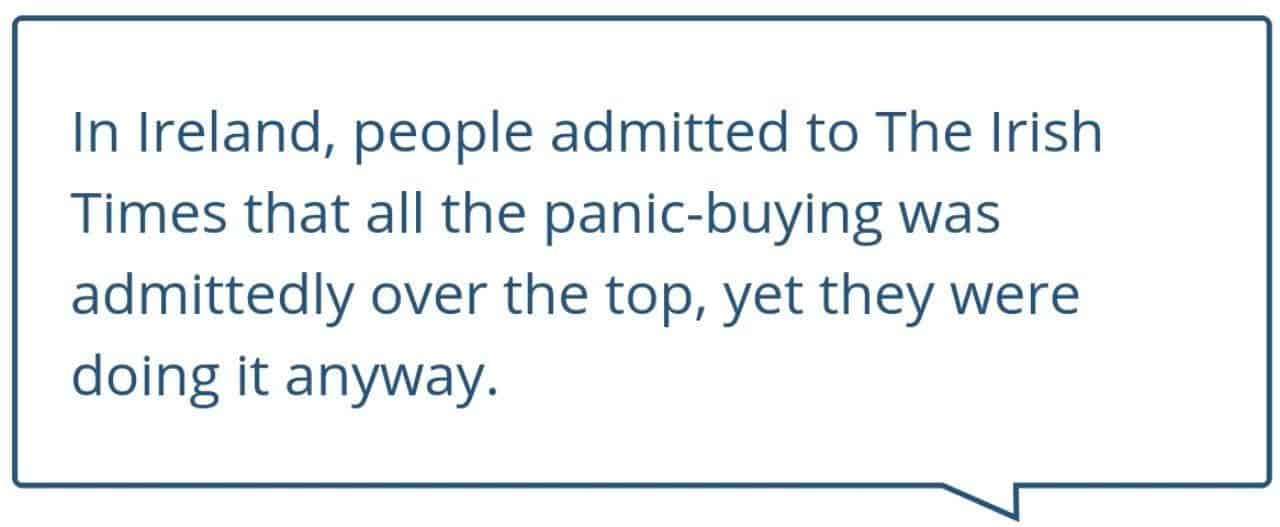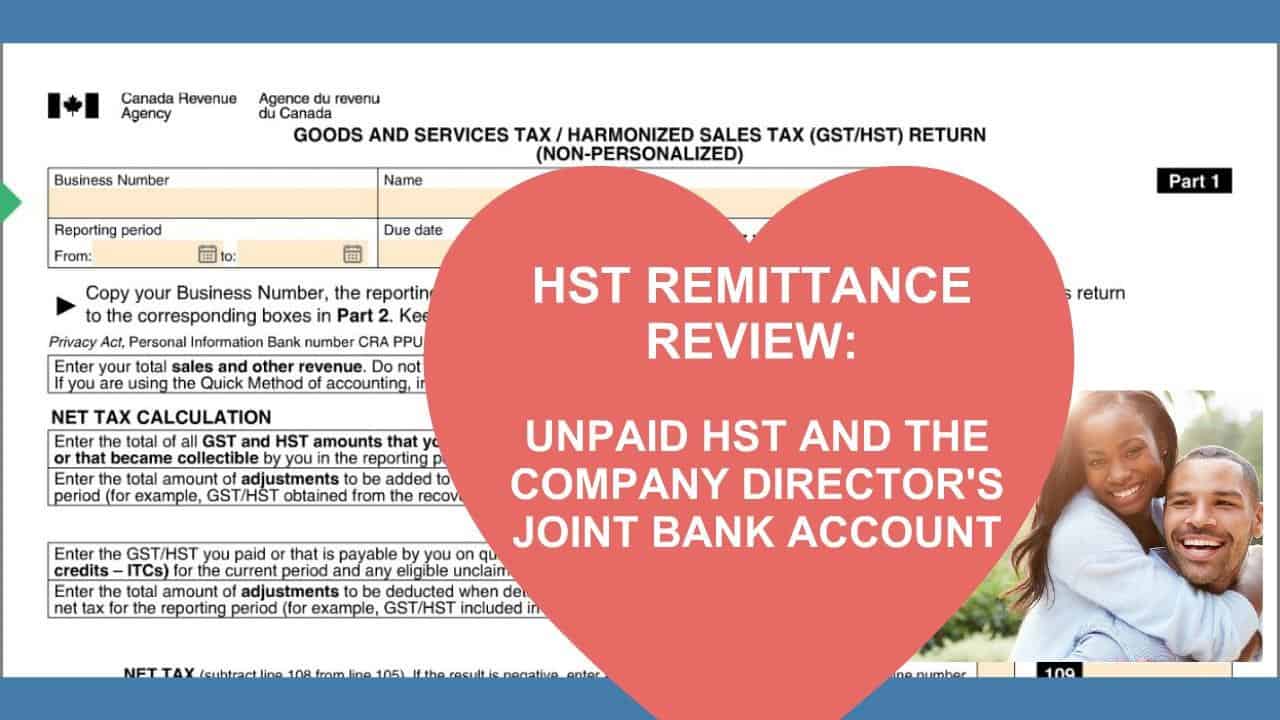The Ira Smith Team is fully operational and both Ira and Brandon Smith are available for telephone consultations, conference calls, and virtual meetings. Stay healthy everyone.
Canada Emergency Response Benefit introduction
Last week I wrote COVID 19 RESOURCES CHECKLIST FOR CANADIANS UNABLE TO WORK. In that Brandon’s Blog, I described the Government of Canada’s proposed help for Canadians needing financial backing to employed and self-employed people who have been impacted by the COVID-19 pandemic. I wrote the blog late on a Wednesday night. That was the night Parliament had an emergency sitting to create the legislation. The information I provided was based on the Government’s own website. When I woke up in the morning, the name of the legislation changed to the Canada Emergency Response Benefit.
So the purpose of this blog is to describe the proposed support and how this COVID 19 resources package magically appeared.
Back to the future leads us to the Canada Emergency Response Benefit CERB
When I went to bed on March 25, the Government had stated that it was going to get legislation passed to provide support to Canadians. The opposition parties indicated that they would cooperate to pass such legislation. Mixed in with the proposed wording, were wide-sweeping powers for Finance Minister Bill Morneau. If that was passed, it would have given him unprecedented spending powers not requiring Parliamentary approval. Needless to say, no Finance Minister in Canada’s history ever had such powers.
The opposition parties claimed that they were never told that would be part of the package. Especially as it had nothing to do with getting money into the people’s hands. So, they opposed that aspect of the proposed legislation. Discussions and negotiations went on all night.
The Liberal government of Prime Minister Justin Trudeau initially told everyone that they wanted to help Canadians by creating the:
- Emergency Care Benefit
- Emergency Support Benefit
- EI Sickness Benefits modifications
The purpose of each “E”
The stated purpose of each “E” was as follows:
Emergency Care Benefit – Prime Minister Trudeau specified that the Emergency Care Benefit (ECB) is for those employees, who do not get Employment Insurance (EI) and do not have accessibility to paid sick leave. The brand-new ECB was to include assistance for both traditional employees and the self-employed. In the self-employed category, freelancers, professionals, consultants, part-time workers and also gig economy workers would be included. They would be given earnings protection if they are in self-isolation or in quarantine or looking after a relative in that scenario.
The ECB would provide up to $900 bi-weekly for Canadian workers that meet the criteria. The regular 1 week EI waiting time would also be forgoed.
Emergency Support Benefit – A new Emergency Support Benefit (ESB) was to be created for workers that lose their jobs and do not qualify for EI. This was mainly for the self-employed. The requirements to qualify for the ESB were not available when the Liberals wanted to pass the legislation. They obviously were scrambling. This is not a criticism, it was just the reality.
The ESB strategy was to provide 14 weeks of support as a revenue replacement device. The ESB, part of the overall COVID-19 resources plan was also being presented for those that cannot immediately apply for EI because they had coronavirus and were either self-quarantined or in hospital.
EI Sickness Benefits modifications – The Federal government had stated they would be proposing the following amendments to EI sickness benefits:
- The one-week waiting duration for EI sickness benefits will be waived for new applicants who are quarantined so they can get the benefit for that first week of their insurance claim.
- There will be a top priority for processing EI applications for Canadians under quarantine.
- People getting EI sickness benefits as a result of quarantine will not have to show a medical certificate to be approved.
These proposed amendments would apply for those who have coronavirus or have entered into self-isolation, or for those that are looking after those in self-quarantine. The brand-new support, now called the Canada Emergency Response Benefit, was to help those Canadians who would otherwise not be approved for EI.
The Canada Emergency Response Benefit
When I woke up, I discovered that all the names had changed. Prime Minister Justin Trudeau announced the new Canada Emergency Response Benefit or CERB, was for those people losing income as a result of COVID-19. He claimed the aid will be in individuals’ pockets within 10 days of their applications. He said that the Canada Emergency Response Benefit will supply as a taxable benefit, $2,000 per month for those whose work has actually been affected or lost due to the COVID-19 pandemic. If you are still working, but not receiving your salary or wages due to this crisis, the Canada Emergency Response Benefit is there for you too.
He also stated that the Canada Emergency Response Benefit can be applied for through a secure government website beginning in very early April. The Federal government has yet to clear up whether the brand-new Canada Emergency Response Benefit can be accessed by people without immigration status or with perilous immigration standing.
The intent of the CERB is to encompass the proposed ECB, ESB, and the modifications for EI Sickness Benefits right into a single Canada Emergency Response Benefit program for those impacted by the coronavirus pandemic.
The Canada Emergency Response Benefit will be readily available to Canadians that:
- reside in Canada, who are at least 15 years old;
- have stopped working as a result of COVID-19 or are qualified for EI regular or sickness benefits;
- had an income of at least $5,000 in 2019 or in the 12 months before the day of their application; and
- that are or expect to be without employment or self-employment revenue for a minimum of 14 consecutive days in the first four-week duration.
The government website says that applications can begin on April 6.

Support to Businesses – the Canada Emergency Wage Subsidy
You have no doubt heard press reports and Prime Minister Trudeau, Finance Minister Bill Morneau, and other government officials talking about the wage subsidy program for support to Canadian businesses. Originally, they were talking about a 10% subsidy. To obtain the subsidy, businesses would be allowed to take a credit against the amount of income tax deducted from employees and remit the balance in the normal course.
That program changed quickly too. The government announced that rather than a 10% wage subsidy, it would increase to a 75% payroll allowance. Late last week, Prime Minister Trudeau said details would be released very soon. As recently as in his 11 AM press conference on Wednesday of this week, the PM said that Bill Morneau would hold a press conference later that same day to announce how the program will work.
As of this moment, all the government website says is:
“Providing small business with wage subsidies
We announced an up to 75 percent wage subsidy for qualifying businesses, for up to 3 months, retroactive to March 15, 2020. This will help businesses to keep and return workers to the payroll.
More details on eligibility criteria will start with the impact of COVID-19 on sales, and will be shared before the end of the month.”
Our Finance Minister is now scrambling trying to figure out how it is all going to work. Although we are taxed heavily in Canada, there is not enough income tax deducted from each paycheque to cover a 75% subsidy!
Right now what is being floated is that the program is for businesses that can show that business revenue has decreased by at least 30%. This maximum benefit is up to $847 per week. The program will be in place for the 12-week period beginning March 15. Businesses will need to show the decline from the same months in 2019.
My current understanding is that the program is available for any Canadian business that can show that they have a 30 percent decline in revenue to be eligible for the federal government’s 75 percent wage support. There is also being proposed a 6 week wait time.
I must caution that this is just my understanding. It is only a proposal. The Liberal government did not include this kind of wage subsidy language in last week’s legislation that passed. They now have to recall Parliament in order to get this legislation passed. No doubt things will change before this is put into legislation.
That condition could be a killer for many companies and businesses. It does not take into account seasonality changes, 1-year-old startups or just differences in revenue patterns this year from the previous one. As soon as the government releases details of the program, I will write Brandon’s Blog about it.
“There’s no harm in hoping for the best as long as you’re prepared for the worst.”
Different Seasons, Stephen King
Canada Emergency Response Benefit summary
I hope you have found this Canada Emergency Response Benefit Brandon’s Blog informative and useful. The Ira Smith Team family hopes you and your family are staying safe, healthy and well-balanced. Our hearts go out to every person who has been affected either through inconvenience or personal family tragedy.
We are all part of our community and we have to all cooperate to help stop the spread of this infection. Social distancing and self-quarantining are sacrifices that are not optional. Families are physically separated from one another. I hope this information is helpful to you.
Ira Smith Trustee & Receiver Inc. has always employed clean and safe habits in our professional practice and continues to do so.
If anyone needs our assistance and is unable to go out, either through self-quarantine measures or just general precautions, rest assured that Ira or Brandon can still help you. Telephone consultations and/or virtual meetings are available for anyone wanting to discuss their personal or corporate situation.
Are you now worried about how you are going to survive? Are you worried about how long your company will be able to pay employees who are not working and meet all of its other obligations? Those worries are normal.
The Ira Smith Team understands these fears. More notably, we know the requirements of the business owner or the person who has too much individual debt. Because you are dealing with these stressful financial issues, you are anxious.
It is not your fault you can’t fix this problem on your own. The pandemic has thrown everyone a curveball. We have not been trained to deal with this. You have only been taught the old ways. The old ways do not work anymore. The Ira Smith Team makes use of new contemporary ways to get you out of your debt problems while avoiding bankruptcy. We can get you debt relief now.
We look at your whole circumstance and design a strategy that is as distinct as you are. We take the load off of your shoulders as part of the debt settlement strategy we will draft just for you.
We understand that people facing money problems require a lifeline. That is why we can establish a restructuring procedure for you and end the discomfort you feel.
Call us now for a no-cost consultation. We will listen to the unique issues facing you and provide you with practical and actionable ideas you can implement right away to end the pain points in your life, Starting Over, Starting Now.
“Man can live about forty days without food, about three days without water, about eight minutes without air…but only for one second without hope.”
Hal Lindsey
The Ira Smith Team is totally operational and both Ira and Brandon Smith are here for a telephone consultation, conference calls and virtual meetings.
Keep healthy and safe everybody.













